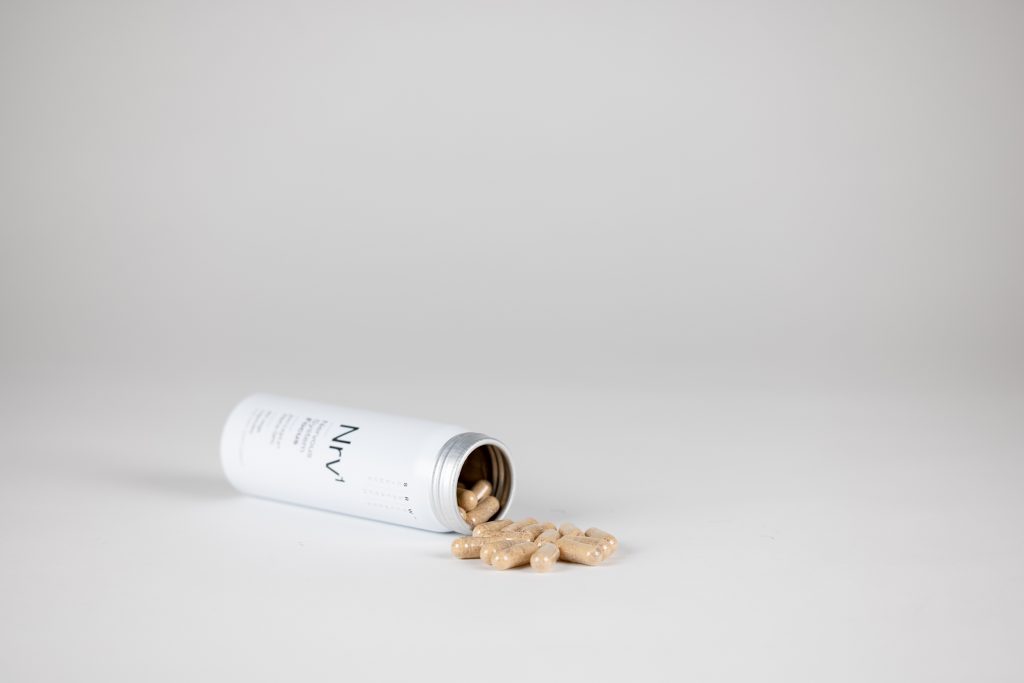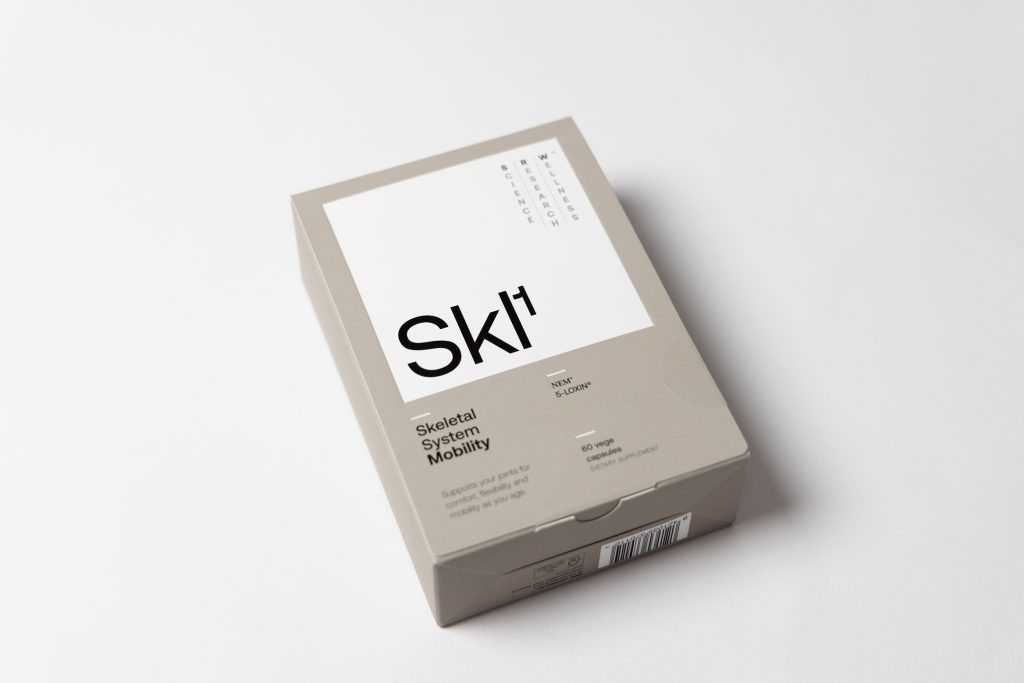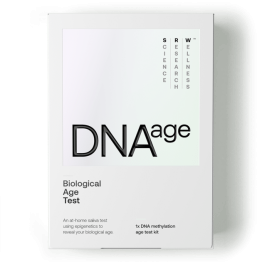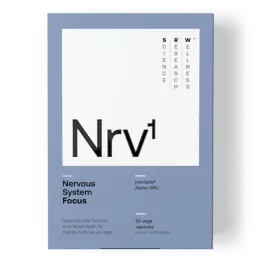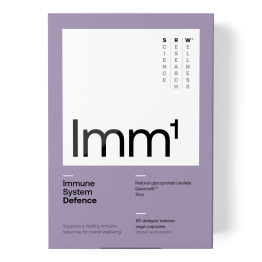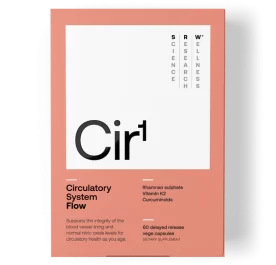Championing a New Paradigm of Ageing
Our lives are, for the most part, measured by an index of ageing that is dictated by the number of birthdays we have celebrated. Age measured by time alone, however, does not take into account our biological progression, which is a significantly more reliable indicator of our future health than our chronological age. Consequently, while being asked for ID when purchasing alcohol in your 30s can be a flattering indication of how gracefully you appear to be ageing, it is your biological age that might tell a different story.
At a microscopic level, our biological age in short, is the measure of how quickly the cells in our body are deteriorating compared with the population at large. And there are a fair few of these basic building blocks at work, the human body being composed of trillions of cells organised into around 200 different types of specialised tissues and organ systems. Take the brain, for example, which is estimated to be made up of over 100 billion neurons interconnected via trillions of chemical and electrical synapses. According to one Stanford study, the cerebral cortex alone has a staggering 125 trillion of these extraordinary “junctions”, which is about the numerical equivalent of the number of stars in 1,500 Milky Way galaxies. If that is not mind-boggling enough, a portion of brain tissue the size of a grain of sand is estimated to contain 100,000 neurons and a whopping 1 billion synapses all busy interacting with one another. You get the picture.
Genetics aside, our biological age is influenced by a number of factors such as diet and nutrition, exercise, stress, exposure to external environmental aggressors, and chronic conditions. The encouraging news, however, is that our biological age is fluid and can be improved by making adjustments to our environment and lifestyle. But there is yet another consideration inherent to this index of ageing that requires our attention, and that is our “healthspan” – the portion of our existence for which we are healthy and have the capacity to enjoy life. As it stands, while our life expectancy has increased with each generation an average of three to four years due to modern diet, lifestyle changes, and advances in science, the fact is our healthspan is simply not keeping up.

It is this Healthspan-Lifespan dilemma that led biotechnologist, cellular health expert and entrepreneur, Greg Macpherson, to set out a new paradigm of ageing defined by nine scientific hallmarks of getting older. These are expounded in his book, Harnessing the Nine Hallmarks of Ageing: To Live Your Healthiest Life and include DNA damage, telomere shortening, stem cell fatigue, and the build-up of dysfunctional proteins. It also prompted the founding of nutraceutical company, SRW Laboratories (SRW) with the mission to empower us to age better so as to reach our “absolute potential”, underscored with the belief that research is fundamental to the future of how we begin to manage the Healthspan-Lifespan dilemma.
Accordingly, SRW set about harnessing in collaboration with world-leading scientists, the very latest in science and research progress across 12 body systems to formulate a holistic range of nutraceutical products that promote our wellbeing and support, at a cellular level, a healthy ageing journey. “The discovery of the Hallmarks of Ageing now means we have cellular targets that we can directly interact with. Through a proactive lifestyle and holistic approach, we can support the cellular system to lead long, healthy lives,” says Macpherson.
In formulating their healthy ageing approach, SRW also isolated the fact that ageing, including changes that occur to our DNA, mitochondria, and cellular turnover, is the single biggest risk factor for developing diseases such as heart disease, cancer, Parkinson’s, and Alzheimer’s. And growing research is showing, in addition to maintaining a healthy lifestyle, the use of nutraceutical supplementation can both support healthy cellular function and help to slow the ageing process at a cellular level, which is in turn linked to our overall health. With the starting point being to assess where your biological age sits, SRW has of course made this easy by creating New Zealand’s very first at-home biological age test – DNAage – which reveals the acting age of our cells and informs on how well and how quickly we are ageing.
SRW’s inaugural formulations in the way of specialist nutraceuticals include a supplement developed with a laser focus on neural health called Nrv¹. In addition to the staggering proportions of neuron-synapse activity occurring in the feat of engineering that is our brains, the other key point not gone unnoticed by SRW is that with our neurons, unlike many of the cells in our body, which regenerate over time, they are with us for life without the benefit of being able to be refreshed and replenished.
In putting their energies into unpacking ways to support the health of our neurons and overall brain function as we age, SRW has worked with a world-renowned expert in brain ageing, Dr. Alan Snow to zero in on the benefits of such compounds as PTI-00703™ Cat’s Claw, a tropical vine found in the Amazon rainforest and MemorTea™ from the leaves of the Camellia sinensis plant. These star ingredients have shown promising results in their ability to support nerve cell health and healthy protein structure in the brain. MemorTea™ is an oolong tea extract rich in polyphenols, theaflavins, thearubigins, and EGCG, while PTI-00703™ Cat’s Claw has been shown to support healthy brain function with statistical significance.
SRW has also placed focus on the support of our health at a cellular level in terms of mobility and developed in collaboration with scientist Dr. Cem Aydogan, a fast-acting formula called Skl¹ that soothes active joints and supports the maintenance of normal cartilage and ligaments for healthy mobility and flexibility. The Skl¹ formulation comprises a unique and synergistic combination of NEM™ – an all-natural joint health ingredient sourced from the inner lining membrane of eggshells that is rich in Type 1 collagen, glucosamine, chondroitin and hyaluronic acid – and 5-LOXIN™, an extract of Boswellia serrata, which helps to preserve and maintain cartilage, collagen and connective tissue in the skeletal system.
Our vascular health is another key body system that is intrinsically connected with our health and lifespan. While our blood vessels might be minuscule, the ground they cover is vast; in fact, if you laid all the blood vessels of an average adult out in one line, it would stretch over 160,000 kilometres long. In partnership with molecular biologist Dr. Masahiro Terasawa, who has specialised in the role of the ingredient Rhamnam Sulphate to support blood vessel health in the body, SRW has pioneered Cir1.
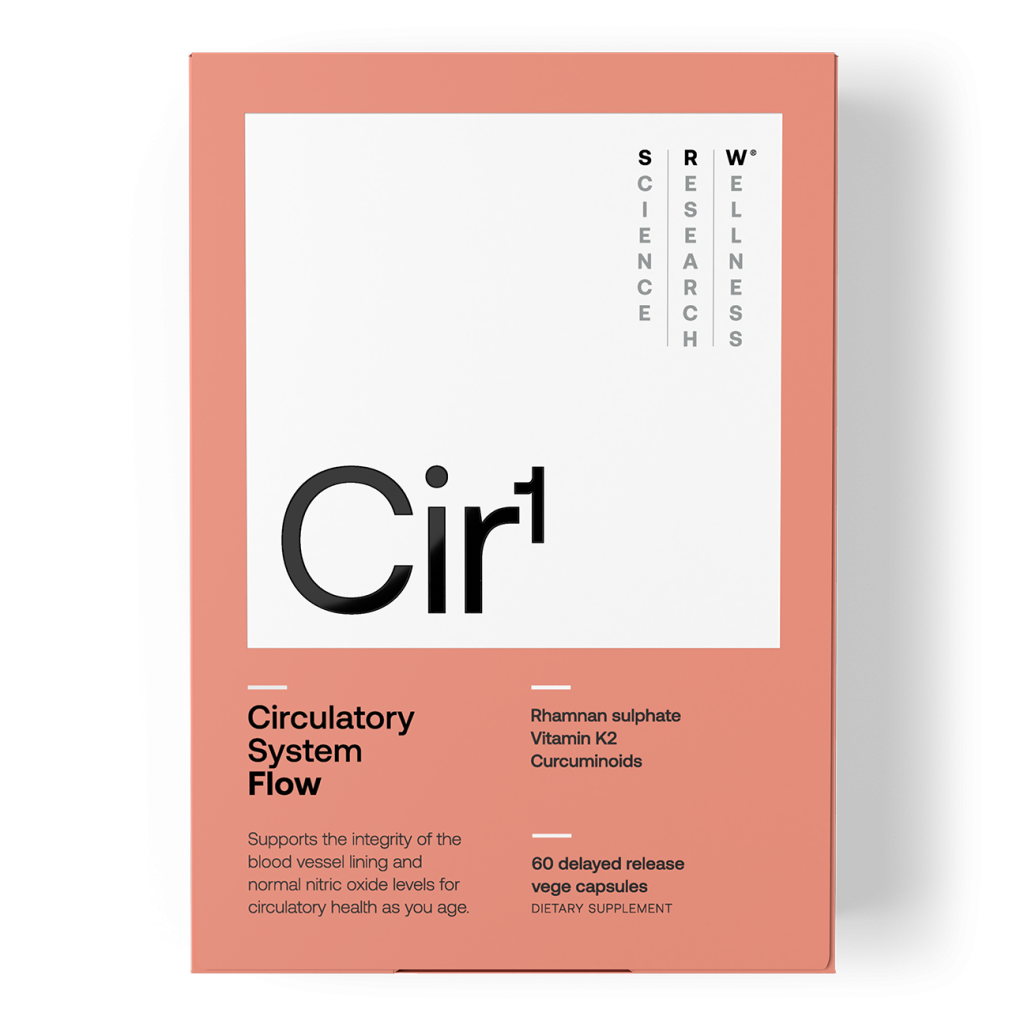
Cir¹ is dedicated to our circulatory system – that of the heart, blood vessels, and the blood cells themselves, which carry out various critical functions in the body. Of particular interest to SRW is the endothelium – the largest organ in the body, which forms the internal lining of our blood vessels – and the glycocalyx, which is a layer of hair-like projections on the endothelium, which prevents platelets and leukocytes from adhering to vessel walls, controls permeability and regulates nitric oxide levels that are important for maintaining healthy blood pressure. Cir¹ harnesses Rhamnan sulphate – extracted from a type of green seaweed, which supports the maintenance and restoration of the glycocalyx – and L-citrulline, an amino acid that acts as a vasodilator in the circulatory system and creates nitric oxide. Vitamin K2 MK-7 is another key ingredient – a more bioavailable version of K2 – that supports vessel flexibility, cardiac output, and normal calcification levels.
The pioneering of SRW Nutraceuticals, in occupying the ever-dynamic intersection of technology and the health fields, taps into a novel way of approaching healthy ageing. And just as importantly, it is a tailored affair, prioritising the recommendation of different products based on our biological age and lifestyle factors. “What we have developed is not a one size fits all solution,” says Macpherson. “Your cells need different levels of support as you age… the right time to support your DNA really depends on your lifestyle. There are tools we are developing to help people understand how old their cells are acting, and in turn, decide how much support they can use.”
For more information, visit SRW Laboratories’ (SRW) website.

